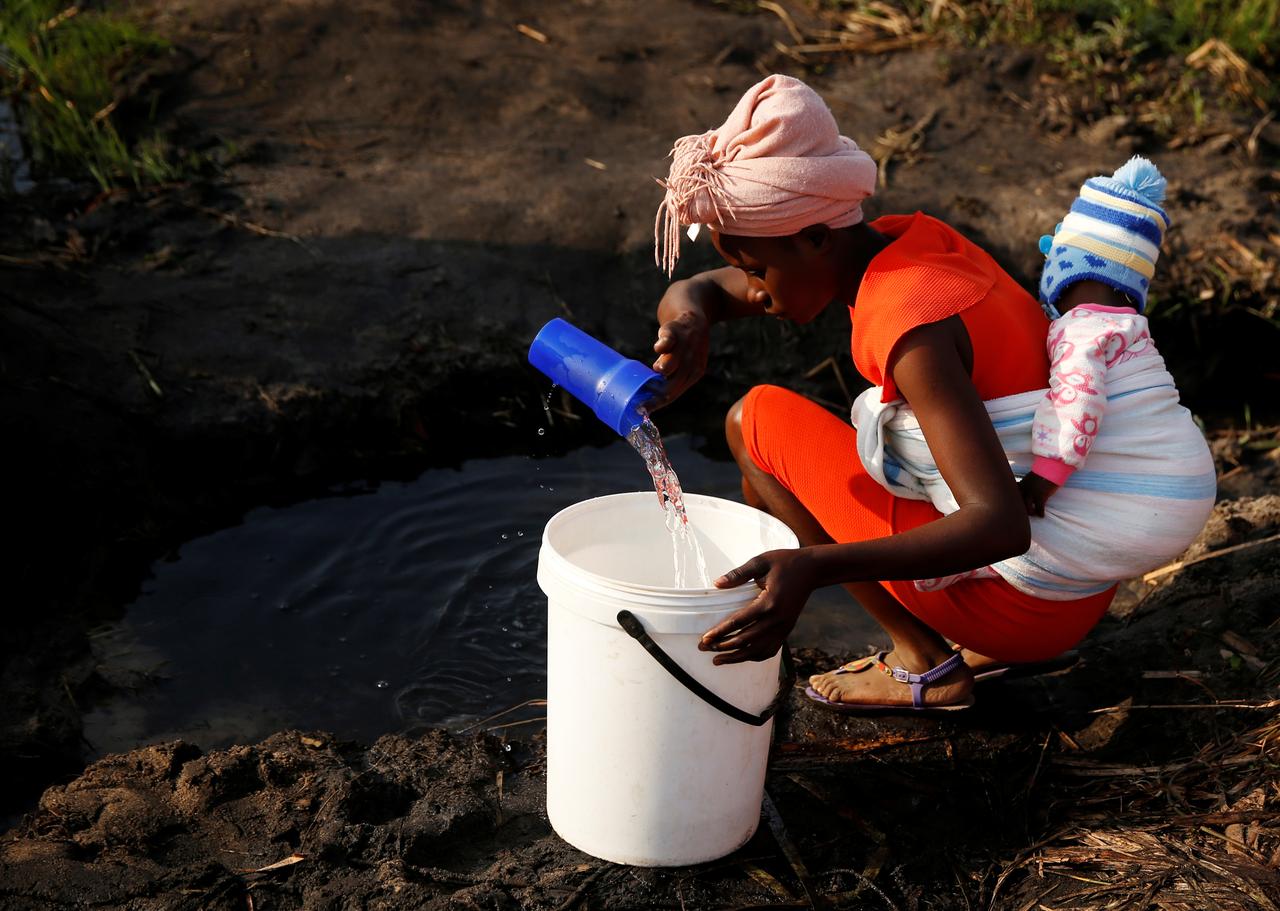
City leaders shut off water to 2 million in Harare
More than 2 million residents of Zimbabwe’s capital and surrounding towns are now scrambling to find alternative sources of water. Harare city government shut down the city’s main treatment plant because it ran out of chemicals needed to keep the drinking water safe for use.

In a statement released on Sunday, city communications head Michael Chideme also said the city is stretching what little treatment chemicals are left to treat limited supplies of water. Officials in Harare have struggled to raise foreign currency to import water treatment chemicals; about $2.7 million is needed per month.
“Everyone living in Harare is affected, they don’t have water,” Chideme said on Tuesday, as residents turned to options such as bottled water or wells.
Harare City Council deputy mayor Enock Mupamawonde said the shortages of foreign money for chemicals had forced the council to close its Morton Jaffray treatment plant outside Harare for now. He did not know when it would be re-opened.
“It (the shutdown) is due to the non-availability of foreign currency…it is devastating to say the least,” Mupamawonde told reporters, urging President Emmerson Mnangagwa’s government to declare the water crisis a national disaster.
“We are unlikely to see the situation improving if no urgent action is taken.”
The city is in serious water deficit and can only supply 300 mega-litres of safe water per day. Daily demand typically exceeds 1200 mega-litres.
The capital now frequently records cases of diseases such as typhoid due to water shortages and dilapidated sewer infrastructure. Some residents are forced to get water from shallow, unsafe wells and defecate in the open.
Last year 26 people died in a cholera outbreak, leading President Emmerson Mnangagwa to express public dismay that Zimbabweans were suffering from a “medieval” disease.
An El Nino-induced drought has reduced water levels in the country’s dams, including Kariba, which supplies the biggest hydroelectricity plant and hit the capacity of cities and towns to supply water to residents.
As services largely collapse, many Harare residents in recent months have found themselves lining up at wells in the middle of the night for water or lighting their homes by candle or mobile phone.
The economic and social pressures follow Mnangagwa as he attends the annual United Nations gathering of world leaders this week.






